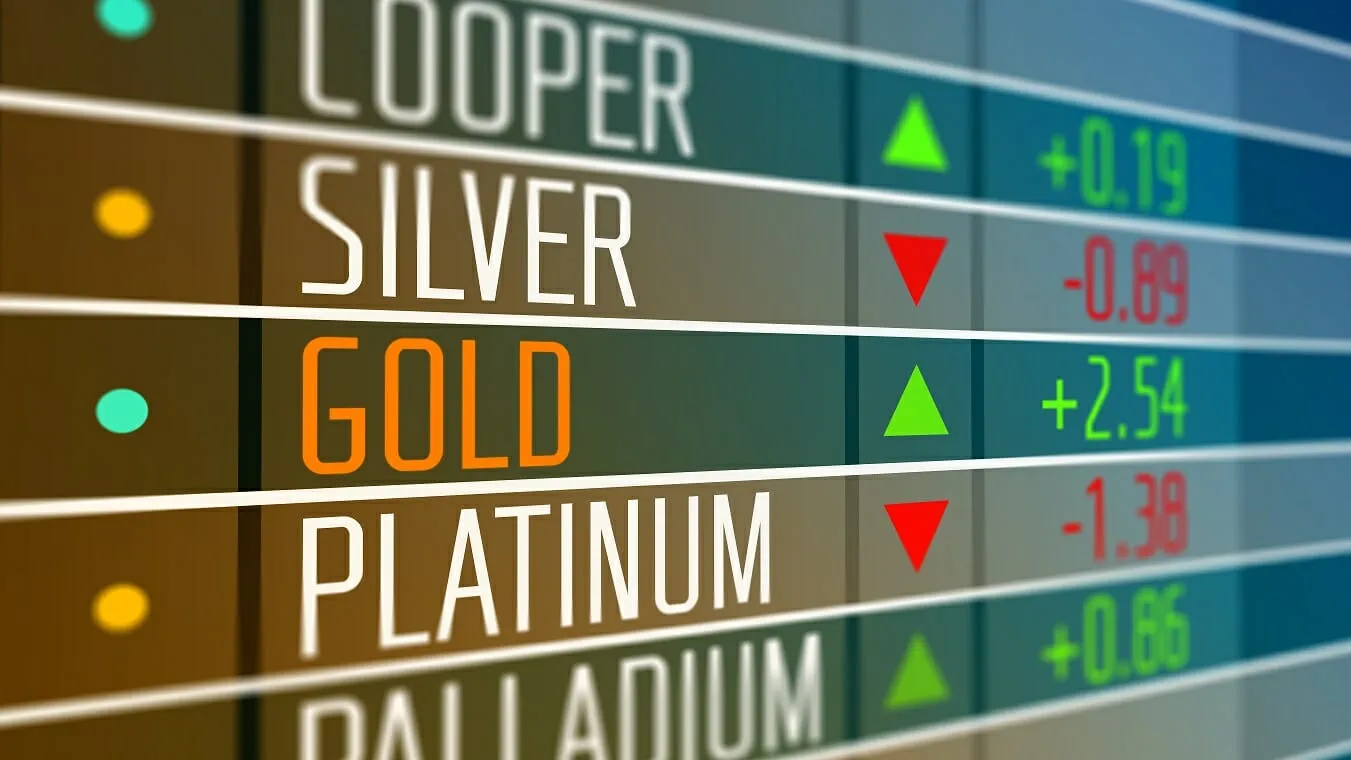
While both allow investors to speculate on future market movements and financial performance, forex and commodity trading are two distinct investment approaches that require different strategies. While there are similarities between the two, such as the use of leverage to increase potential returns, there are also significant differences in risk management, market conditions and investing style.
The type of assets being traded
One key difference between forex and commodity trading is the type of traded assets. Forex trading in Singapore involves exchanging one currency for another to take advantage of fluctuating exchange rates. On the other hand, commodity trading refers to physical goods such as oil or gold; these commodities have an intrinsic value due to their scarcity or utility, which can be leveraged for a profit.
The time frame
Another important distinction between the two investment approaches is the time frame. Forex trading usually involves shorter-term investments, with investors attempting to capture gains from small shifts in exchange rates over days or weeks. Commodity traders, on the other hand, often focus on longer-term trends. They may hold positions for months or even years, relying on price movements over time to generate returns.
The risk/reward profile
The risk/reward profile associated with each type of trading also varies greatly. FX trades generally involve smaller amounts of capital and therefore provide lower potential returns; at the same time, they pose less risk than commodity trades due to the inherently volatile nature of currency markets. Conversely, commodities tend to be more expensive and require more significant investments; however, they may be less volatile than forex due to their intrinsic value.
The trading style
Finally, forex and commodity traders tend to employ different trading styles. Forex traders often rely on technical analysis when deciding entry and exit points. In contrast, commodity traders typically use fundamental analysis to assess the market conditions for a particular commodity. While both approaches can be practical, it’s essential to understand which methodology is best suited for your investing strategy.
Ultimately, understanding the differences between forex and commodities trading can help you determine which type of investment will offer the most potential rewards with the least risk. By researching each approach and familiarising yourself with its nuances, you’ll be better equipped to make the most of your investments. You can succeed in trading with the right forex trading strategy and knowledge.
How to get started with forex and commodity trading in Singapore
Getting started in forex and commodity trading can be daunting, especially if you are new to investing. But with the proper guidance and resources, you can quickly get up to speed.
When looking to start trading in Singapore, you should take a few key steps. First, it is essential to research the market conditions for both forex and commodities. This approach means paying attention to news and events affecting prices, such as shifts in global economic conditions or geopolitical tensions. In addition, you should also read up on trading strategies, such as technical analysis, to better understand how markets move and how to make informed decisions when entering trades.
Once you’ve done your research, it is essential to have a forex trading plan in place, which includes deciding on an entry and exit strategy, setting risk management limits, and determining the types of investments suitable for your portfolio. It can also be beneficial to work with a qualified broker or advisor who can provide additional insights and guidance into the markets.
You will need access to an online brokerage platform to trade in Singapore, open an account, and execute trades. These platforms provide tools such as charting software and real-time quotes so that investors can monitor their positions at all times. Some platforms also offer tutorial materials or even simulated trading so that investors can practice before putting any money on the line.
Once your account is set up, it’s time to start researching potential investments. It’s essential to develop a well-thought-out strategy when entering into any investment, including forex or commodities trading in Singapore. It’s also important to have realistic expectations about returns. There is potential for high returns in these markets. However, losses can also occur, so it’s important to have risk management measures in place and do thorough analysis before entering any trades.
The bottom line
Taking the time to understand both forex and commodity trading is a crucial step towards becoming an influential investor. Knowing what sets them apart and how to capitalise on their respective strengths, you’ll be better prepared to capitalise on whatever markets offer. As with any investment, research and practice are essential for long-term success. A solid plan will help ensure that your trades lead to profitable outcomes regardless of your chosen approach.





